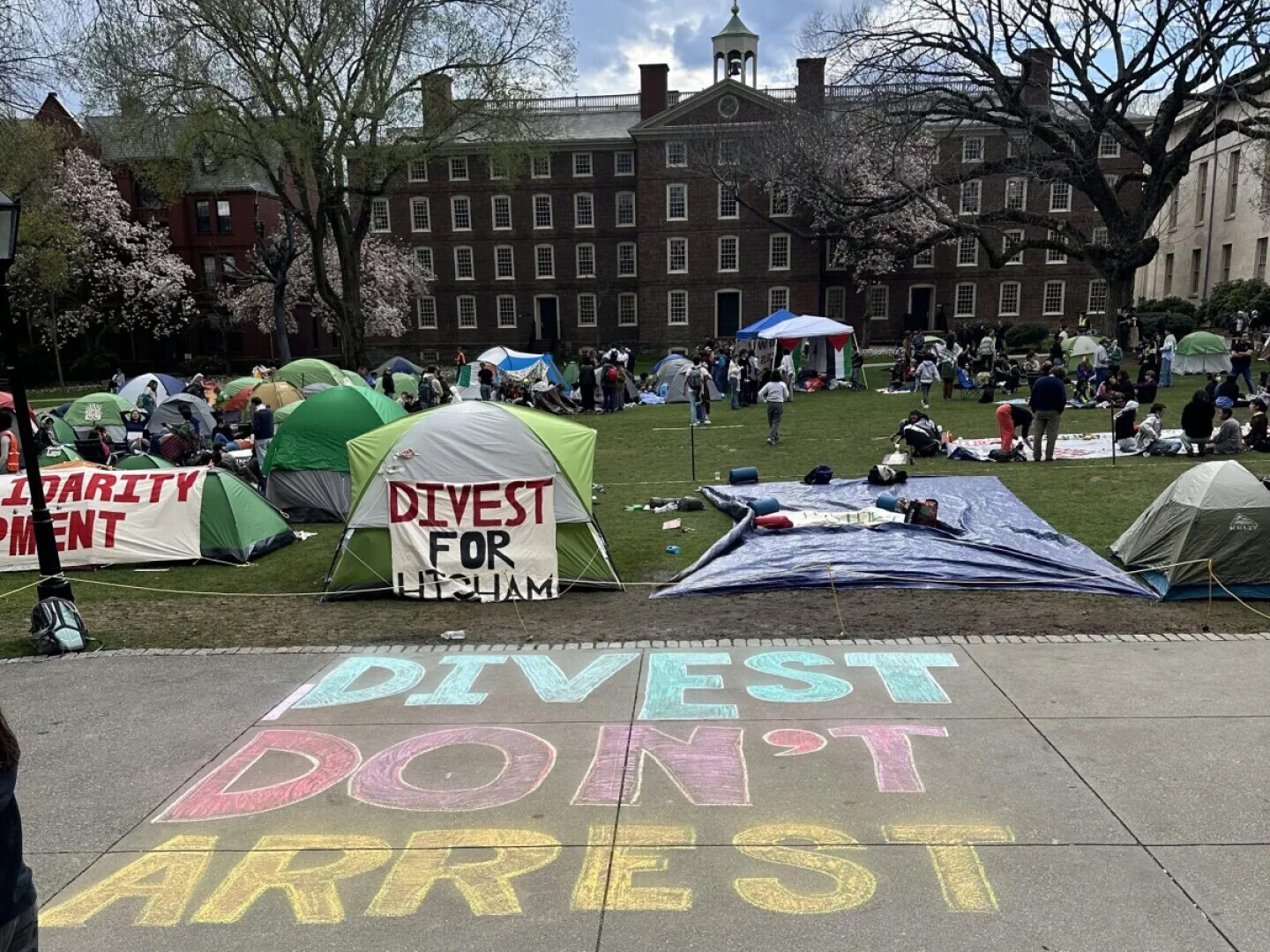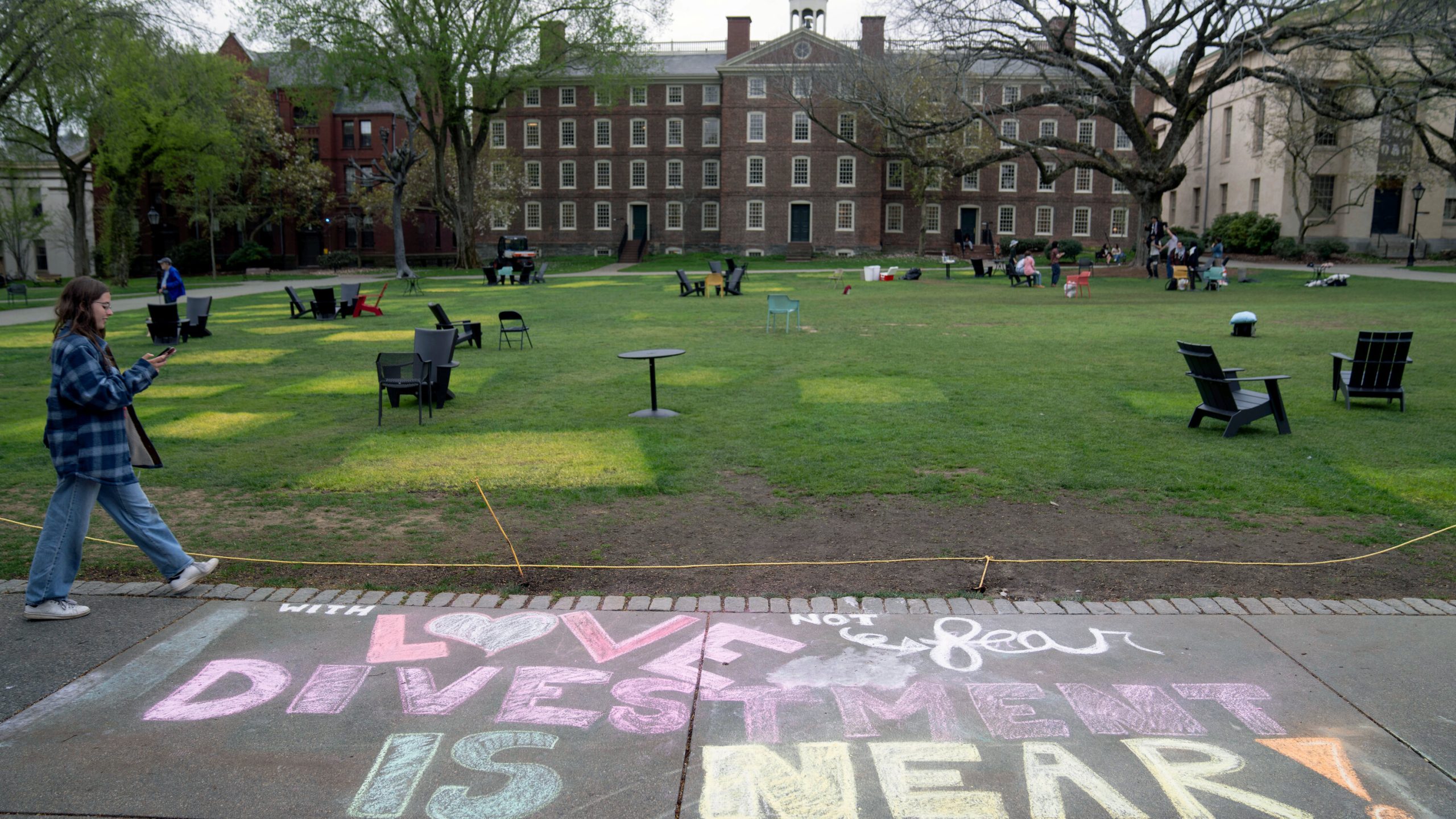Brown University recently voted to reject a proposal to divest from 10 companies accused of supporting the Israeli occupation of Palestinian territories. The decision followed a report by the university’s governing board, which recommended against the divestment.
The report found that Brown had minimal investment in the companies—Airbus, Boeing, General Dynamics, and General Electric among them—and that the university’s financial involvement was insignificant, amounting to just 1% of its endowment. University officials argued that divesting could undermine academic freedom by signaling that only certain viewpoints are acceptable within the campus community.
The call for divestment has gained momentum over the past year, particularly among students. The Brown Divest Coalition, which spearheaded the effort, was passionate in its advocacy, organizing rallies and forums to push the university to sever ties with these companies.
Their campaign intensified after a commitment by Brown to hold a vote on the issue. In exchange, the protesters agreed to dismantle their campus encampment, signaling their trust in the process. Student body president Niyanta Nepal, elected on a pro-divestment platform, played a prominent role in rallying support for the proposal.

Brown University Votes Against Divestment from Companies Linked to Israeli Occupation Amidst Campus Debate
However, the proposal was ultimately defeated, and the Brown Divest Coalition expressed strong disapproval. They denounced the decision as a “moral stain” on the university and an affront to its democratic values.
The group emphasized that Brown continued to invest in companies they argued were complicit in human rights abuses, particularly in Gaza and Lebanon. The rejection of the proposal led the coalition to reconsider their next steps in advocating for their cause.
Supporters of the university’s decision, such as Jonathan Greenblatt, CEO of the Anti-Defamation League, praised the vote. Greenblatt framed the divestment proposal as part of the broader Boycott, Divestment, and Sanctions (BDS) movement, which he argued unfairly targets businesses that operate in Israel.
He cautioned that divestment could not only harm university endowments but also create a hostile environment for Jewish students, particularly in the context of rising antisemitism on campuses.
This debate is part of a wider, ongoing conversation across U.S. campuses about Israel and its relationship with Palestine. While many universities, including Brown, have faced pressure from pro-Palestinian groups to divest, they have largely resisted, citing concerns over academic freedom and the potential rise of antisemitism.
Brown’s decision also attracted criticism from external groups, such as a letter from two dozen Republican state attorneys general, underscoring the polarized and politically charged nature of the discussion surrounding divestment.











































